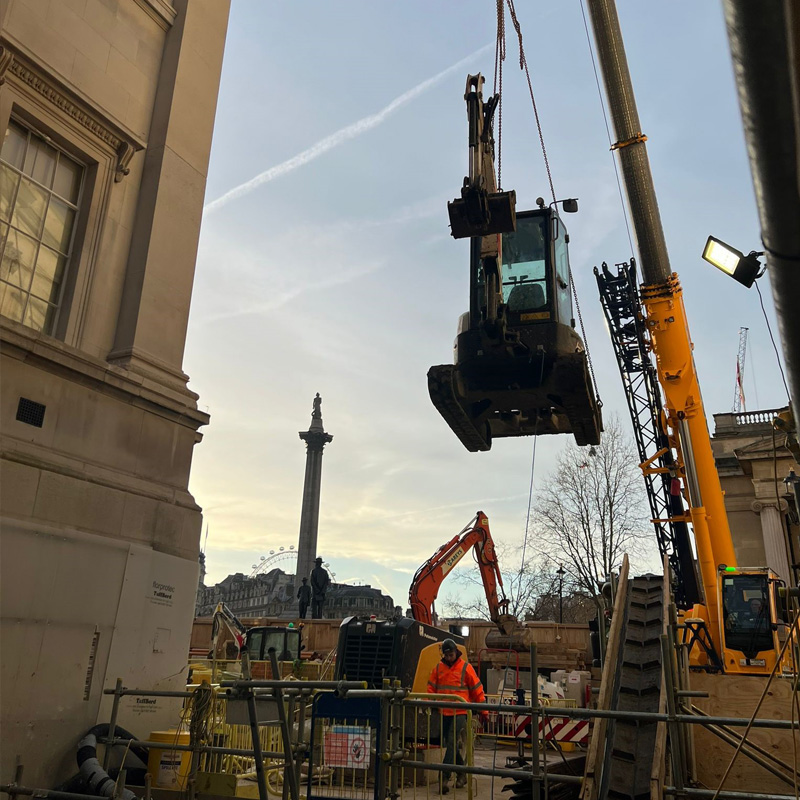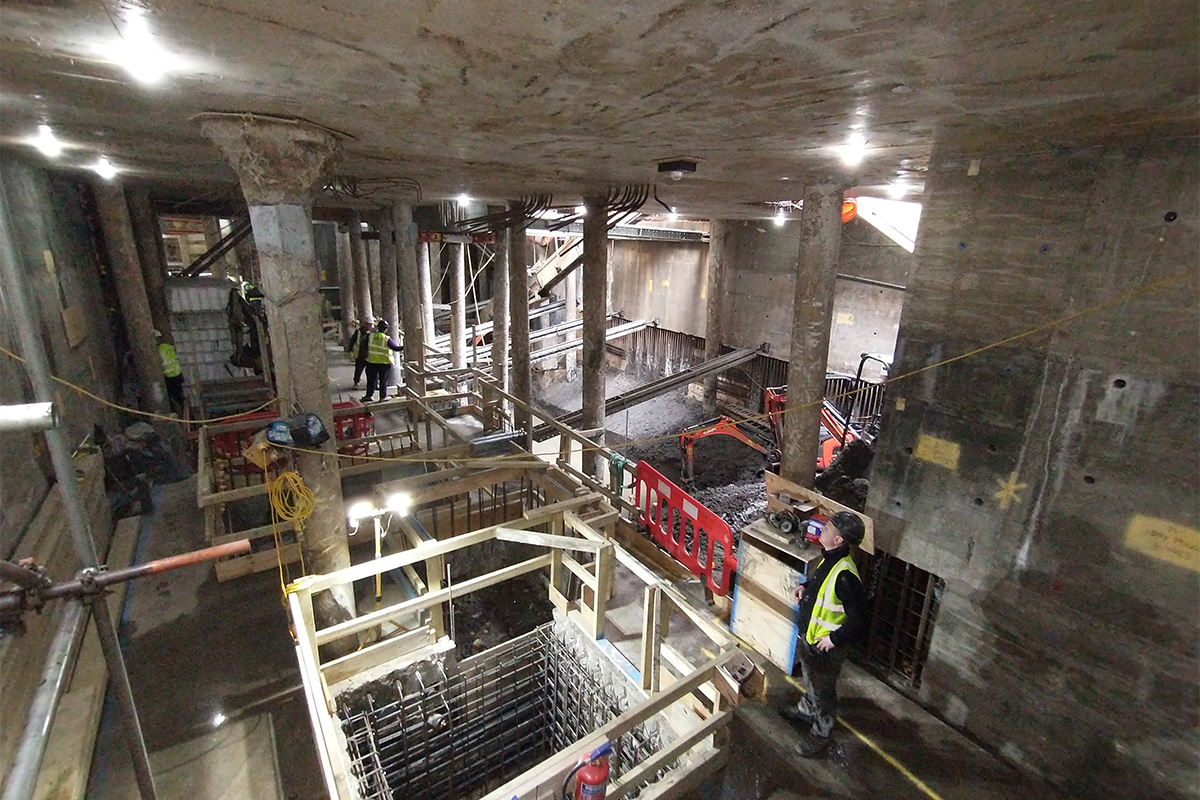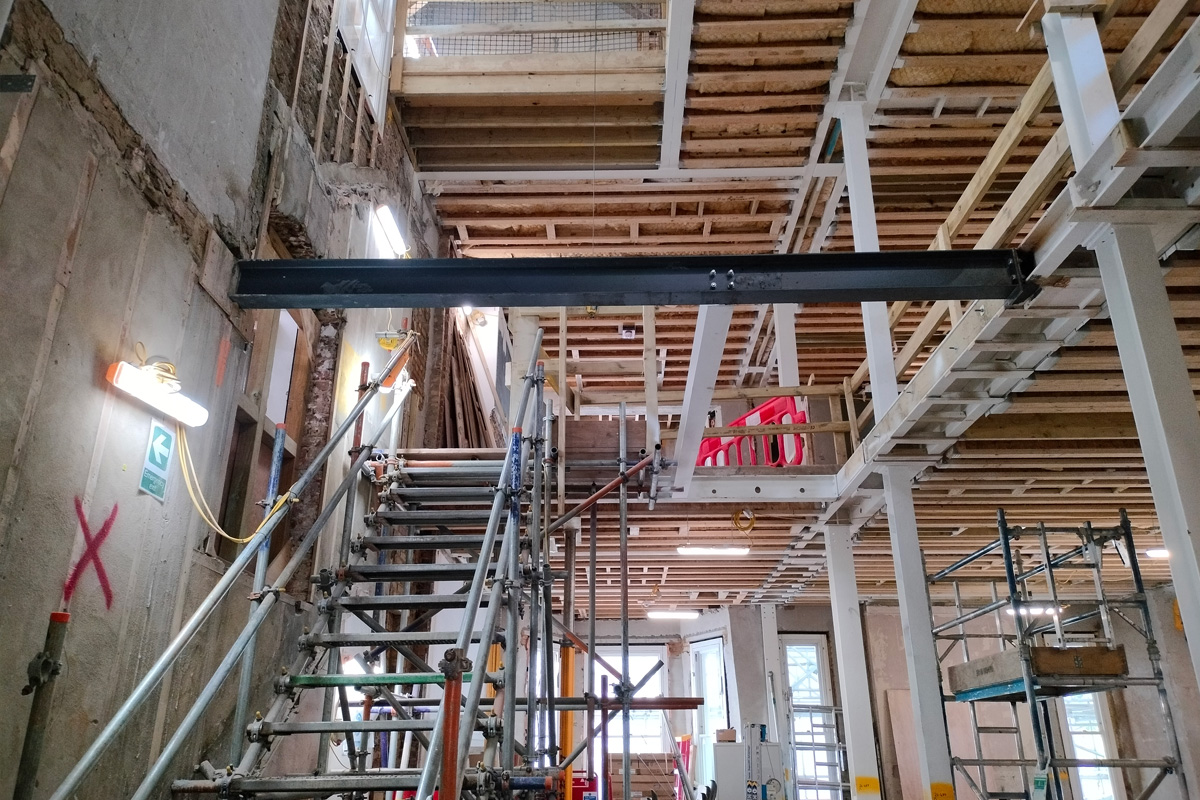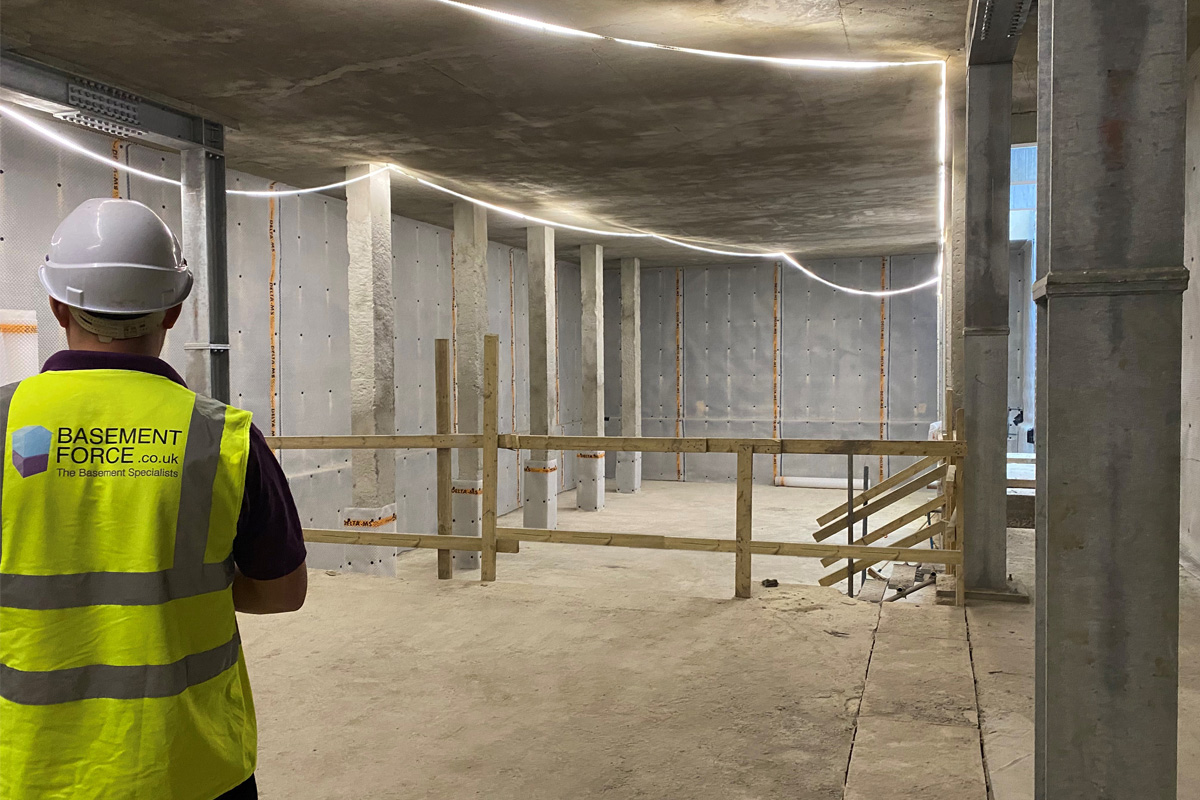Careful demolition and temporary works are one of the most important processes in complex superstructure refurbishment and basement construction.
Our extensive experience working in historic listed, heritage and super prime properties helps us determine the most efficient and least disruptive designs and works sequence to protect and preserve those parts of a superstructure that are to become part of the permanent scheme.
We are members of the Temporary Works Forum and our director co-authored the TWf Underpinning: Good Practice Guide.






